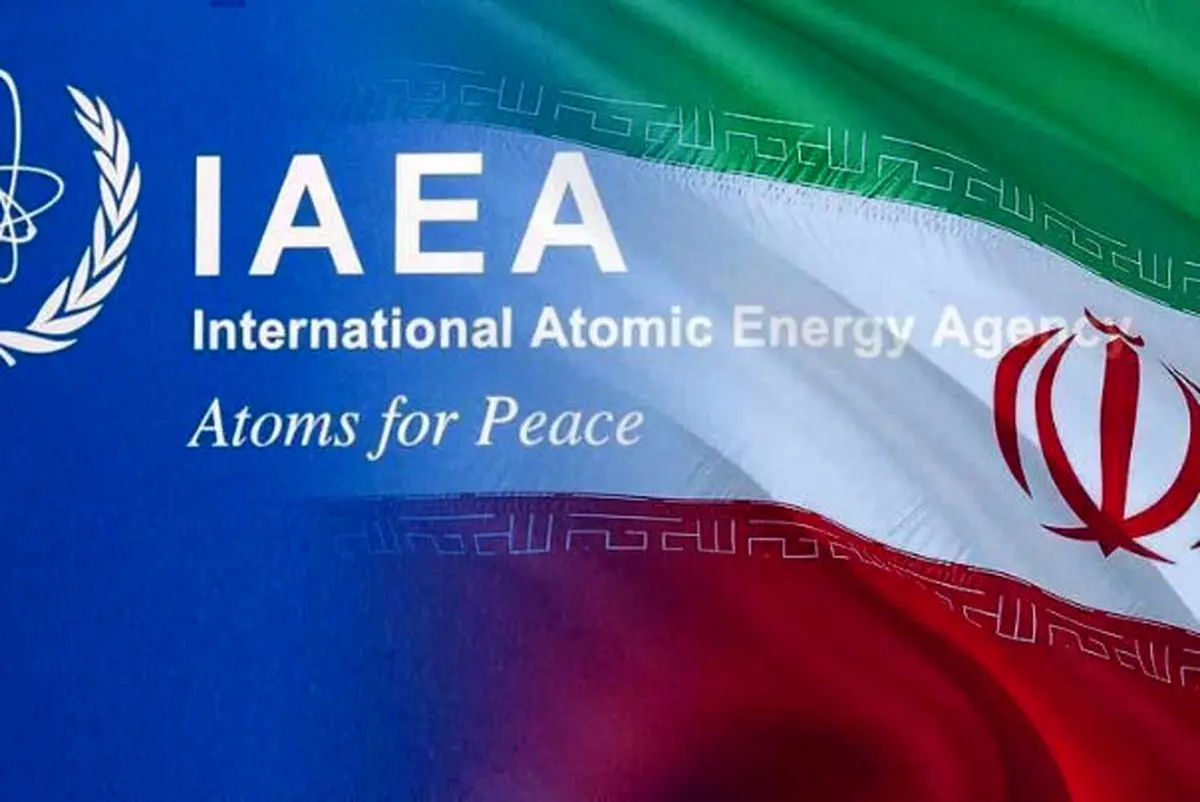SAEDNEWS: Iran analyst Morteza Makki warned that the upcoming IAEA visit to Washington could lead to a politically charged report justifying the European trio’s move to activate the snapback mechanism, potentially reshaping nuclear talks and forcing Iran to consider suspending or even leaving the NPT.

Morteza Makki, an international affairs expert, in an interview with Etemad Online, responded to the question of whether the IAEA delegation’s upcoming visit to Washington would remain technical in nature or could alter the political equations between Iran and the West.
Makki stated that the visit has been planned in the context of recent political developments regarding the snapback mechanism and the continuation of nuclear talks between Iran, Europe, and the United States. He stressed that the trip will undoubtedly have an impact, and in the coming days, its consequences may be reflected in the course of negotiations or the possible activation of the snapback mechanism. According to him, coordination between the IAEA and Western governments has existed before; for instance, before Israel’s twelve-day attack on Iran, Director-General Grossi’s report to the IAEA Board of Governors served as a justification for Israel’s preemptive strike against the Islamic Republic.
Makki further explained that the reports emerging from this U.S. visit will determine whether the Agency remains within its technical mandate or whether its political role will overshadow its technical nature as a UN body.
He pointed out speculation that the visit could result in a political report that would provide grounds for the European trio (UK, France, Germany) to accuse Iran of violating its JCPOA and safeguards commitments, thereby justifying the activation of the snapback mechanism. If such a report is issued after the delegation returns to Vienna, it could seriously affect the course of Iran’s negotiations with the West, and Tehran would certainly respond.
Makki referred to former Iranian parliament speaker Ali Larijani’s remarks in an interview with KHAMENEI.IR, in which Larijani argued that the IAEA has failed to play its role effectively, particularly when Iran was under Israeli and U.S. attacks while simultaneously engaged in talks with Washington, during which IAEA inspectors continued their missions at Iran’s key nuclear sites. “What benefit could the IAEA possibly offer Iran under such circumstances?” Larijani asked.
In conclusion, Makki noted that Iran’s possible reactions to a snapback attempt remain uncertain. Tehran might consider leaving the NPT, though such a move could complicate its position and give Western states further justification to accuse it of deviation from peaceful nuclear activities. Alternatively, Iran might choose to suspend rather than sever cooperation with the Agency, thereby leaving room for negotiations.
He concluded that in such a scenario, Iran could secure concessions from the West in exchange for renewed commitments. “At the moment, everything remains uncertain, and within the next week we should expect fast-paced developments and unpredictable decisions from both Iran and the West,” Makki said.

